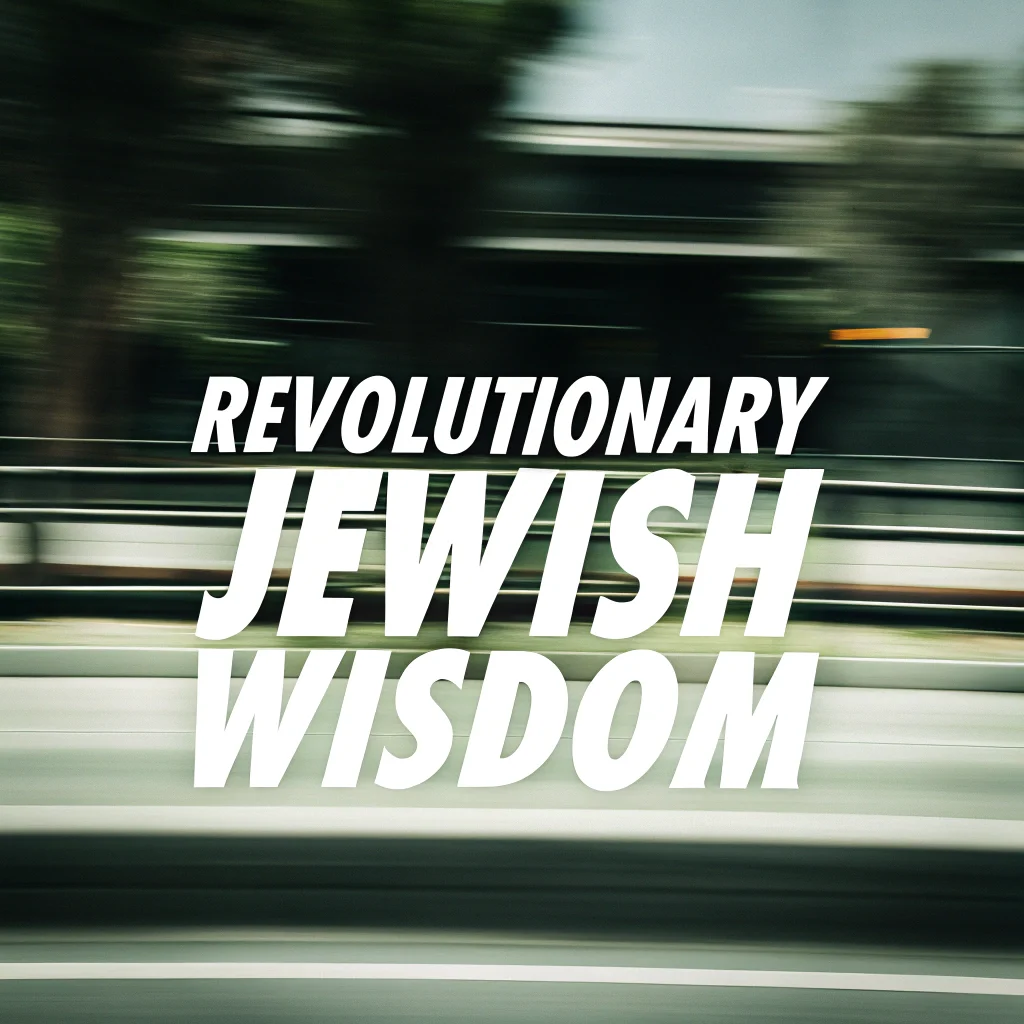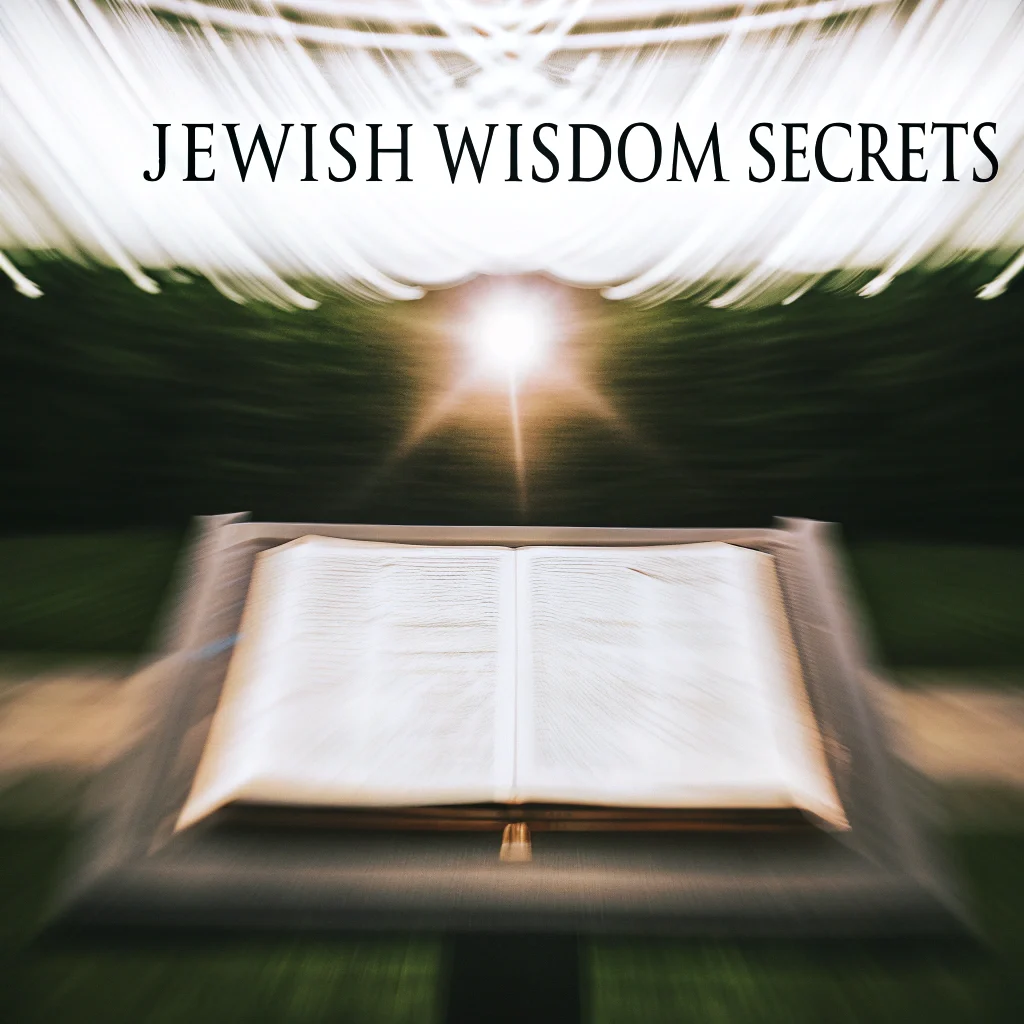Eternal questions about the meaning of existence have troubled humanity since the dawn of consciousness. Why are we here? What is the purpose of creation? What drives the great Architect of the universe? Let’s embark on a philosophical journey to find answers to these fundamental questions, drawing upon the wisdom of ancient texts and modern understanding.
The Creator and the Experiment: Debunking a Popular Myth
Many tend to think that our world is a kind of cosmic laboratory where the Almighty, like an enthusiastic experimenter, tests various theories of the universe. However, this view is fundamentally flawed. The Creator is not a scientist-experimenter conducting tests with unknown results. On the contrary, being outside of time and space, He possesses absolute knowledge of the past, present, and future. Every event, every choice, every turn of fate is known to Him even before the moment of creation.
The Limits of Human Understanding
Imagine for a moment a laboratory monkey being used to create an important vaccine. Can it comprehend the higher meaning of its existence and suffering? Within the framework of its world perception, this question remains unanswered. To understand the purpose, it would have to step beyond the bounds of its world and peek into the human world – a task obviously impossible for its consciousness.
Similarly, humans, being part of creation, cannot independently grasp its ultimate purpose, no matter how many scientific studies they conduct. This knowledge must come from outside, from the Creator Himself. Fortunately, such revelation was given to humanity through the Torah, which lifts the veil of mystery over the meaning of our existence.
Pure Love as the Prime Cause of Creation
According to the teachings of Ramchal, expounded in the book “Derech Hashem,” the world was created not for the sake of the Creator but for the sake of its inhabitants – humans. This statement might seem paradoxical, but it contains profound meaning. Being infinite and omnipotent, the Creator lacks nothing. Therefore, the creation of the world and humanity was an act of absolute altruism, a manifestation of pure, unconditional love.
The Paradox of Desire Without Need
In our material world, any desire stems from a lack of something. We drink because we experience thirst. We eat because we are hungry. Every “want” can be broken down into a chain of causes and effects, at the root of which lies a certain need. But in the case of the Creator, such logic does not apply. His desire to create the world is a pure, unconditioned aspiration, having no underlying need or deficiency.
Maximum Good as the Purpose of Creation
If love was the main motive for creating the world, it’s logical to assume that the Creator sought to bestow maximum good upon His creations. But what constitutes this supreme good? And why then is the world full of suffering? The answer lies in the very nature of true good.
The Bread of Shame: Why Good Cannot Be Received Freely
In his work “Daat Tevunot,” Ramchal reveals a crucial principle: an unearned gift brings no true pleasure. Any gift received without effort evokes feelings of shame and personal inadequacy. The sages called such a gift “the bread of shame,” comparing the position of its recipient to that of the dead – so deep can the feeling of humiliation be.
The Path to Perfection: The Mechanism of Earned Good
To avoid “the bread of shame” and give humans the opportunity to receive true enjoyment, the Creator established a mechanism of earned good. He deliberately created us imperfect but endowed us with tools for self-improvement – the commandments of the Torah. Through their fulfillment, one can gradually improve oneself, drawing closer to divine perfection.
The Role of Evil in the Divine Plan
Now the role of evil and suffering in the world becomes clear. They are not an end in themselves but serve as necessary conditions for spiritual growth and self-improvement. By overcoming difficulties, fighting our own shortcomings, and developing virtues, we earn the right to receive the supreme good.
The Mystery of Human Nature
A question might arise: why not simply create humans in such a way that they wouldn’t feel shame from receiving unearned benefits? Wouldn’t it be easier to avoid all the risks associated with free will and the possibility of error? This question leads us into even deeper philosophical waters, where simple answers do not exist.
Conclusion: The Journey Continues
The search for the meaning of existence is an endless journey, where each answer generates new questions. But the main thing we can understand is that the world was created from love and for love, and our task is to prepare ourselves through self-improvement to receive the supreme good intended by the Creator.
In this amazing design, every trial, every difficulty, and every choice has its own meaning and purpose. We are not merely passive recipients of divine grace but active participants in the process of creation, earning through our efforts the right to true happiness.



